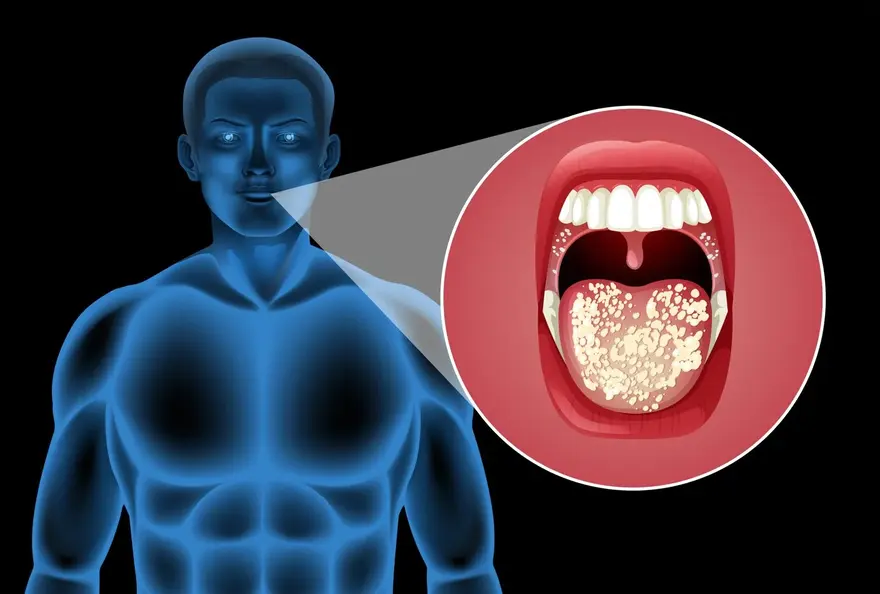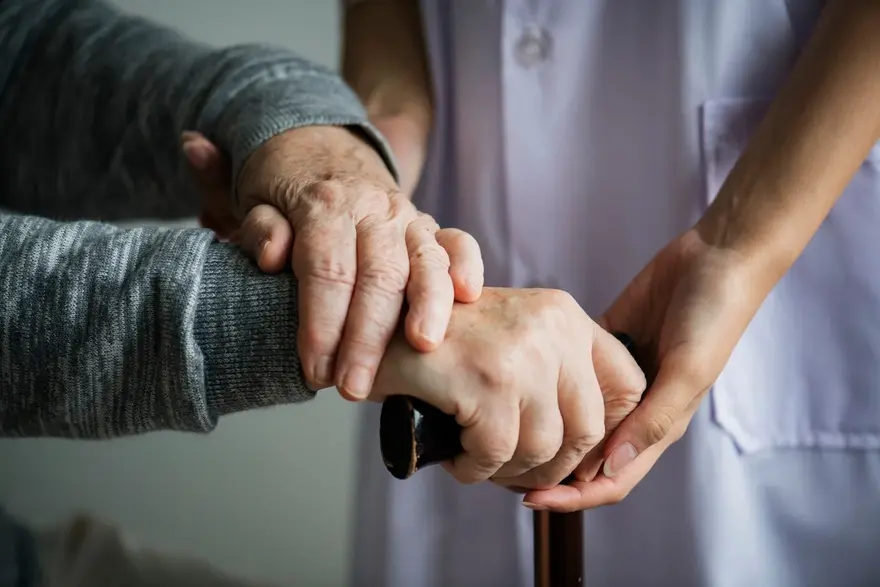Preventive Healthcare
Understanding Pelvic Inflammatory Disease (PID): Causes, Symptoms, and Treatment
2489 Views
0

What is Pelvic Inflammatory Disease?
Pelvic Inflammatory Disease (PID), commonly abbreviated as PID, is an inflammatory condition affecting the female reproductive organs, particularly the uterus, fallopian tubes and ovaries. PID occurs when specific bacteria spread from your vagina to reproductive organs. You may experience unusual discharge from your vagina.
How Do You Get PID?
PID is primarily caused by untreated STIs, like chlamydia or gonorrhoea, leading to reproductive organ infections.
How Common is Pelvic Inflammatory Disease?
Pelvic Inflammatory Disease affects more than 1 million women every year. It occurs more frequently in women.
What are the Most Common Signs of PID?
Common pelvic inflammatory disease causes individuals to experience various common symptoms, including:
- Pelvic pain
- Abnormal discharge
- Painful urination
- Irregular periods
Where Do You Feel PID Pain?
PID pain is typically felt in the lower abdomen and pelvis, signalling inflammation in the reproductive organs.
What Causes Pelvic Inflammatory Disease?
Pelvic Inflammatory Disease is primarily caused by untreated sexually transmitted infections (STIs). When these infections ascend through the reproductive tract, bacteria can infect the uterus, fallopian tubes, and ovaries, leading to PID. Other potential pelvic inflammatory disease causes include delivery of a baby, abortion, or the insertion of Intrauterine Devices (IUDs).
How Long Does It Take to Have Symptoms of PID?
PID signs and symptoms may appear within a few days to weeks after exposure to STIs. Some individuals may not even exhibit immediate signs.
Does Douching Cause Pelvic Inflammatory Disease (PID)?
While douching alone does not directly cause PID. However, it can disrupt the natural balance of vaginal bacteria, potentially increasing susceptibility to infections that may contribute to PID.
Is PID Contagious?
No, PID itself is not contagious; it results from untreated infections.
Who's At Risk For PID?
Individuals at risk for PID include those with multiple sexual partners, a history of STIs, or recent pelvic procedures.
What are the Complications of PID?
Complications of PID include:
- Chronic pelvic pain is the most common complication.
- Ectopic pregnancy
- Infertility
- Abscess formation
How is Pelvic Inflammatory Disease Diagnosed?
PID diagnosis involves a comprehensive evaluation, including a medical history review, pelvic exam, and pelvic ultrasound or laparoscopy tests. Promptly identifying PID signs and symptoms is crucial for initiating timely and effective pelvic inflammatory disease treatment.
What are the Tests That Diagnose PID?
PID is diagnosed through a combination of tests. Pelvic exams, cervical cultures, and blood tests help identify infection. Imaging studies like ultrasound may reveal abnormalities. Laparoscopy, a minimally invasive procedure, further allows direct visualisation of pelvic organs.
How is Pelvic Inflammatory Disease (PID) treated?
Pelvic inflammatory disease is typically treated with antibiotics to target the underlying infection. Dual antibiotic PID therapy is often prescribed to combat a broad spectrum of bacteria effectively.
Will I Need Surgery for Pelvic Inflammatory Disease?
Surgery may be necessary for severe cases of PID, especially when complications like abscesses require intervention to ensure optimal recovery.
Does My Partner Need Treatment for Pelvic Inflammatory Disease?
Yes, partners should seek medical evaluation and pelvic inflammatory disease treatment if you have PID to prevent reinfection and ensure comprehensive care.
Can I Prevent Pelvic Inflammatory Disease?
Preventing PID involves the following:
- Practising safe intercourse, using protection and limiting sexual partners.
- Regular STI screenings
- Avoiding douching
- Open communication with sexual partners
How Can I Lower My Risk for PID?
Lower PID risk by practising safe intercourse, using protection, limiting sexual partners, and undergoing regular STI screenings. Prompt treatment for STIs and avoiding douching further mitigate potential risks of PID.
Is There a Cure for Pelvic Inflammatory Disease?
PID is treatable with antibiotics, but it is crucial to complete the prescribed course of Pelvic Inflammatory Disease medication. Early PID diagnosis and treatment adherence improve the chances of a successful recovery.
If I Had Pelvic Inflammatory Disease, Will I Have Trouble Getting Pregnant?
It was found that 1 in 8 people having PID had difficulty getting pregnant. Similarly, people having repeat PID infections also had a difficult time getting pregnant.
How Does PID Affect Fertility?
PID can lead to fertility issues by causing scarring and blockages in the fallopian tubes. This can impede the normal movement of eggs and sperm, reducing the chances of conception.
Can I Get Pelvic Inflammatory Disease Again?
Yes, there is a risk of recurring PID without preventive measures.
If I Had PID, When Can I Resume Having Sex?
Resume sex only after completing pelvic inflammatory disease treatment and getting clearance from your healthcare provider.
Can Women Who Have Sex with Women Get PID?
Yes, women who have sex with women can get PID, mainly if there is exposure to sexually transmitted infections.
How Can I Take Care of Myself If I Have Pelvic Inflammatory Disease?
It is recommended to take prescribed antibiotics as directed, attend follow-up appointments, and avoid sexual activity until cleared by your healthcare professional. Ensure to rest and stay hydrated.
When to See a Doctor?
See a doctor promptly if you experience PID signs and symptoms like pelvic pain, unusual discharge, or pain during urination, as these could indicate PID, requiring timely diagnosis and treatment.
Can You Get PID Without Having an STD?
While uncommon, PID can occur without STD, often related to post-childbirth or intrauterine device insertion.
Is Pelvic Inflammatory Disease Serious?
Yes, PID is serious and can lead to severe complications, such as chronic pain, infertility, ectopic pregnancy, and tubo-ovarian abscess, impacting reproductive health.
Conclusion
Pelvic inflammatory disease demands attention as a serious health concern with implications. Understanding and addressing pelvic inflammatory disease causes promptly is crucial for preserving reproductive health. Early diagnosis, appropriate treatment, identification of PID signs and symptoms, and preventive measures can mitigate risks. In essence, PID is not just an acronym; it represents a potential turning point in reproductive health. Discover a path to lasting well-being with Metropolis Healthcare. With a team of 200 senior pathologists and over 2000 technicians, our comprehensive range of tests ensures precision and reliability. Trust Metropolis for accurate results, empowering you to make informed health decisions























 WhatsApp
WhatsApp